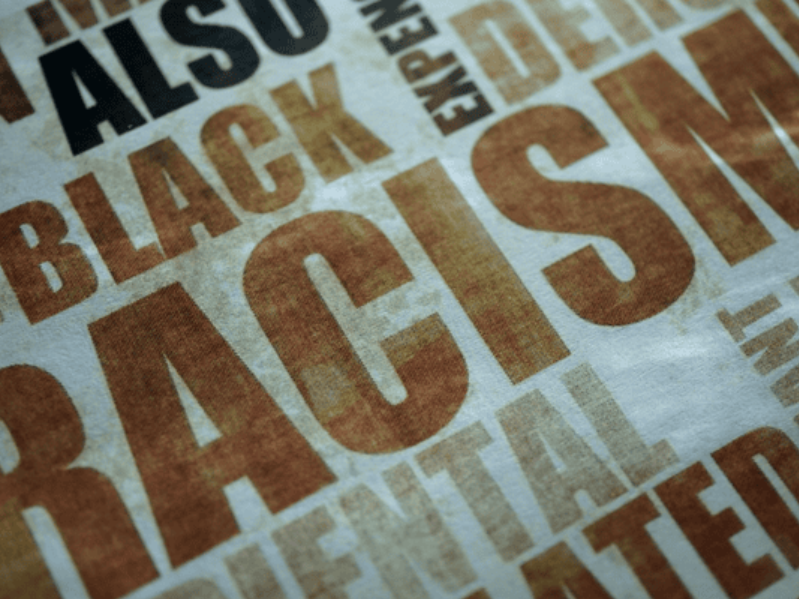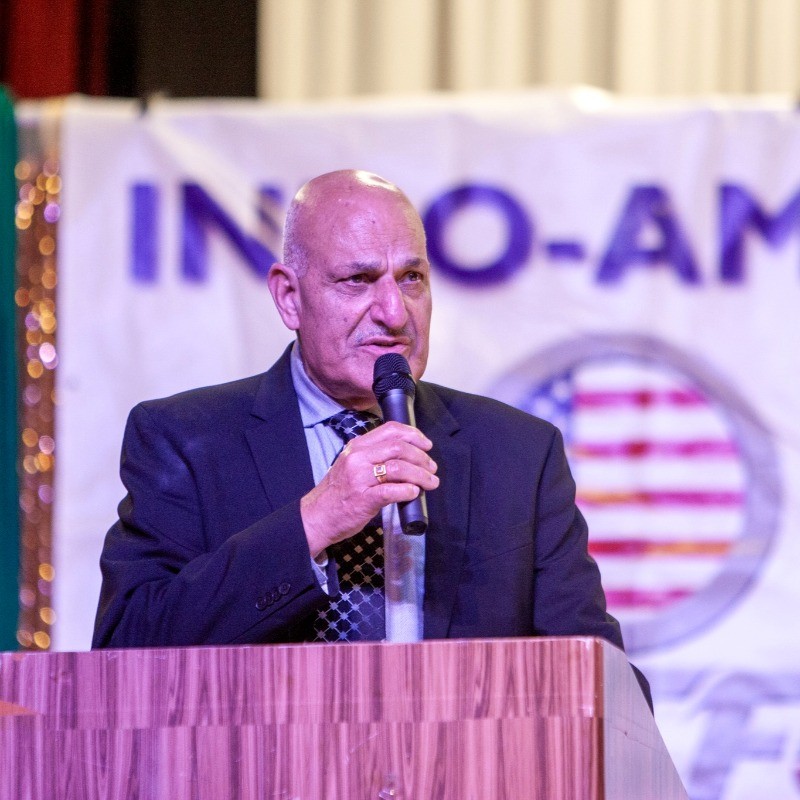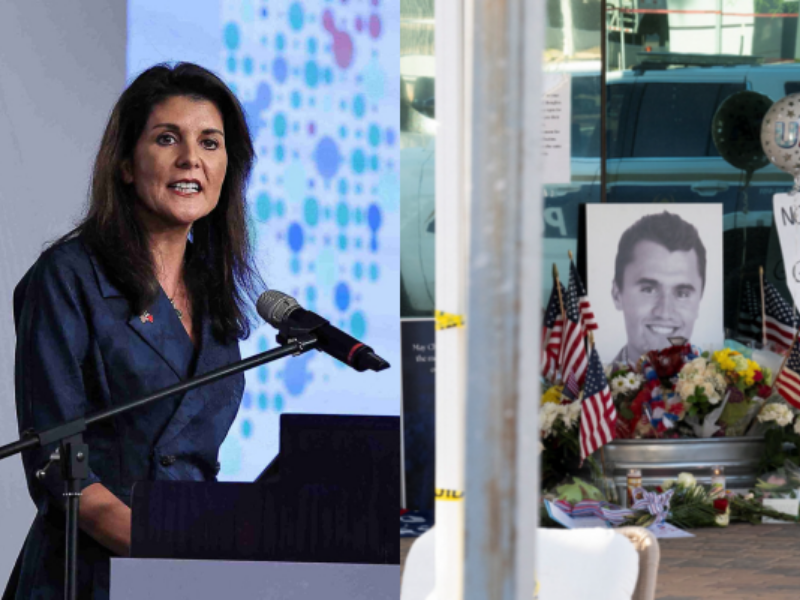The enduring legacy of racism in America: From foundations to the present
As beneficiaries of civil rights progress, Indo-Americans are uniquely positioned to lead by example, drawing on cultural values of community and perseverance.
 Representative Image / Canva
Representative Image / Canva
As an Indo-American who has directly benefited from the transformative power of the 1964 Civil Rights Act, I am concerned about the direction the United States is taking. Many others are also feeling it deeply. That legislation, which outlawed discrimination based on race, color, religion, sex, or national origin, opened doors for immigrants like myself. It was a cornerstone of progress toward harmony and humanity.
The recent killing of Charlie Kirk at a very young age is very troubling. More troubling is the background of the accuser of killing about his left ideology and romantic relationship with a partner who was in the process of transitioning from male to female. This radicalization and ideological views are another troubling trend.
Yet, the rise of figures like Kirk—whose recent tragic death in a shooting has only amplified his influence—highlights a troubling resurgence of divisive ideologies.
Kirk, the founder of Turning Point USA and a staunch Trump ally, openly declared the Civil Rights Act a “huge mistake” that created an “anti-white weapon,” criticized Martin Luther King Jr. as “awful,” championed unrestricted Second Amendment rights by deeming some gun deaths “worth it,” and promoted views that aligned with notions of racial and gender hierarchies. His philosophy, echoed by segments of the mainstream conservative movement, signals a potential rollback of hard-won gains, raising fears of backlash against minorities, including Indo-Americans.
Also Read: Nikki Haley dubs Kirk killing "national nightmare," calls for American unity
This raises another question about whether America has been racist “right from the beginning” or if it “came to the surface after the Trump era” cuts to the heart of the nation’s complex history. Racism has been foundational to the United States since its inception.
The Trump era did not invent it but rather amplified and normalized expressions of it, pulling back the veil on latent prejudices that had simmered beneath a veneer of progress. This has led to a polarized present, where overt racism coexists with structural inequities, and the future hangs in the balance.
The United States was born in contradiction: a nation founded on ideals of liberty and equality in the Declaration of Independence, yet built on the genocide of Native Americans, the enslavement of Africans, and the subjugation of other groups. From 1619, when the first enslaved Africans arrived in Virginia, through 1865, the transatlantic slave trade forcibly brought over 470,000 Africans to what became the U.S., embedding racial hierarchy into the economy and society.
The Constitution itself compromised on slavery, counting enslaved people as three-fifths of a person for representation while denying them rights, and it enabled the expansion of slaveholding states.
Post-Civil War, the 13th, 14th, and 15th Amendments abolished slavery and promised citizenship and voting rights, but these were undermined by Jim Crow laws, lynchings, and segregation upheld by the Supreme Court’s 1896 Plessy v. Ferguson decision, which enshrined “separate but equal” facilities that were anything but equal.
This era extended into the 20th century, with racial violence peaking in events like the 1921 Tulsa Race Massacre and redlining policies that denied Black and minority communities’ access to housing and wealth-building opportunities. Even in the North, de facto segregation in schools, jobs, and neighborhoods persisted through discriminatory practices.
Racism wasn’t confined to anti-Black prejudice; it targeted Native Americans through forced removals like the Trail of Tears, Chinese immigrants via the 1882 Chinese Exclusion Act, and Japanese Americans during World War II internment camps. As the Smithsonian’s resources on systemic racism note, this history created enduring disparities in health, wealth, and education that persist today.
The 1964 Civil Rights Act and 1965 Voting Rights Act marked a turning point, driven by the Civil Rights Movement’s nonviolent protests and global pressure. They dismantled legal segregation and expanded protections, benefiting not just Black Americans but all minorities, including future Indo-American immigrants. However, these laws addressed overt discrimination but left structural racism intact—evident in ongoing issues like mass incarceration, environmental injustice, and economic inequality.
In my view, the country is at a crossroads: Kirk’s philosophy and Trump’s policies risk a slide toward authoritarianism, where civil rights are curtailed under the guise of protecting “traditional” values, leading to increased hate crimes, economic exclusion for minorities, and weakened democracy.
Yet, I’m optimistic about America’s capacity for renewal. The nation has overcome darker chapters before—through movements like Civil Rights—because of its diverse populace’s resilience. Indo-Americans, as a growing demographic (over 4.5 million strong, with high education and income levels), hold significant sway. The 1964 Act’s legacy proves that targeted advocacy can shift tides. The future isn’t predetermined; it’s shaped by action.
As beneficiaries of civil rights progress, Indo-Americans are uniquely positioned to lead by example, drawing on cultural values of community and perseverance.
We, at Indo-American Community Federation (IACF), a non-profit I co-founded in the year 1993, have been engaged in strengthening civic engagement, building Inter-Community Alliances, Promote Education and Cultural Harmony, and address issues which divide us.
Let us not divide ourselves based on our religious faith. By acting collectively, Indo-Americans can deter the worst outcomes by turning concern into catalyst for progress. Let us preserve the America that welcomed Indo-Americans after the 1964 Civil rights act was passed to allow Indo-Americans immigrate to the U.S. The path to harmony is arduous, but history shows it’s achievable when we stand together.



 Jeevan Zutshi
Jeevan Zutshi













.jpg)

Comments
Start the conversation
Become a member of New India Abroad to start commenting.
Sign Up Now
Already have an account? Login